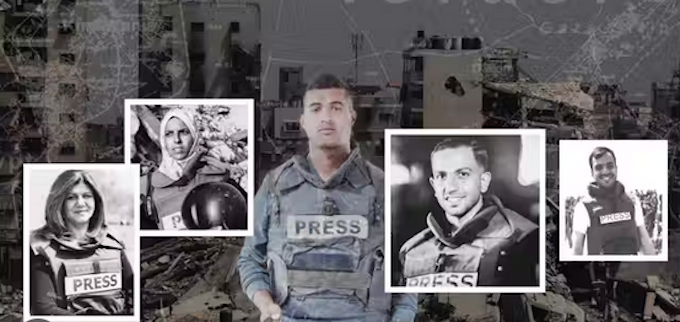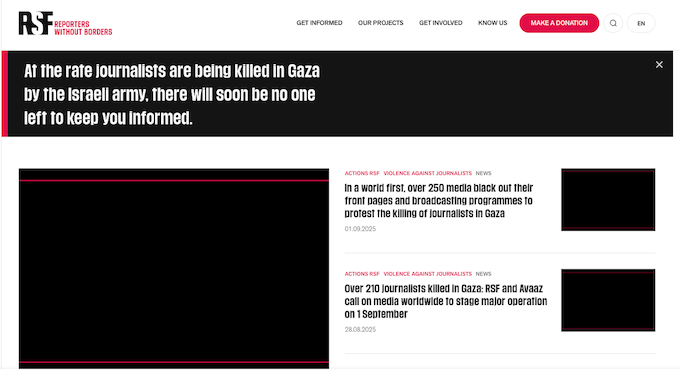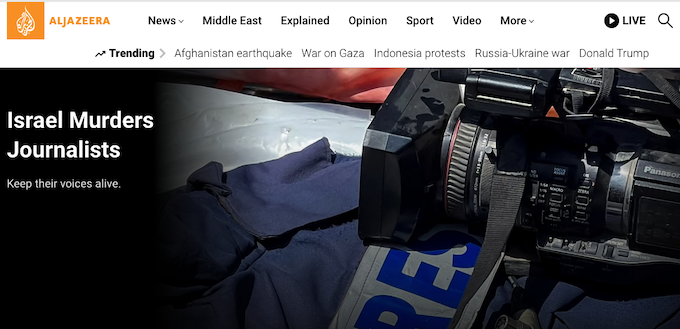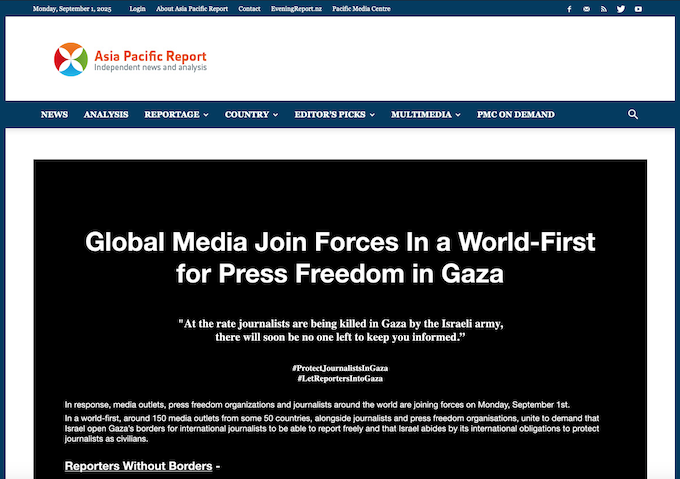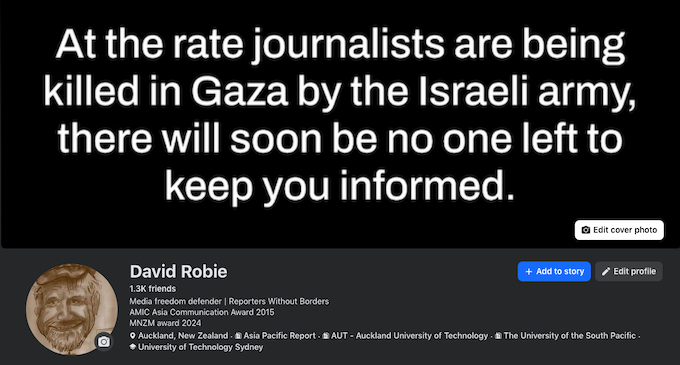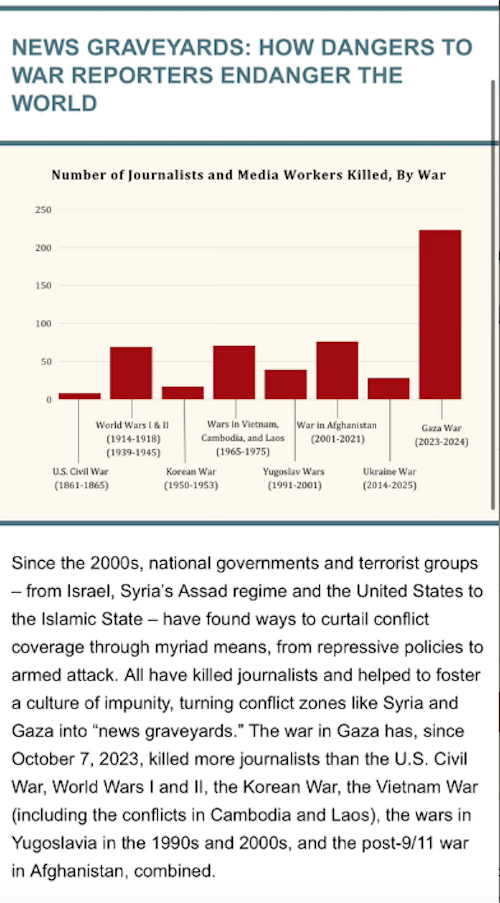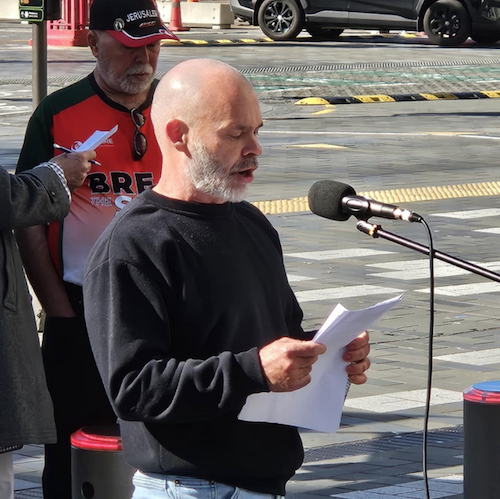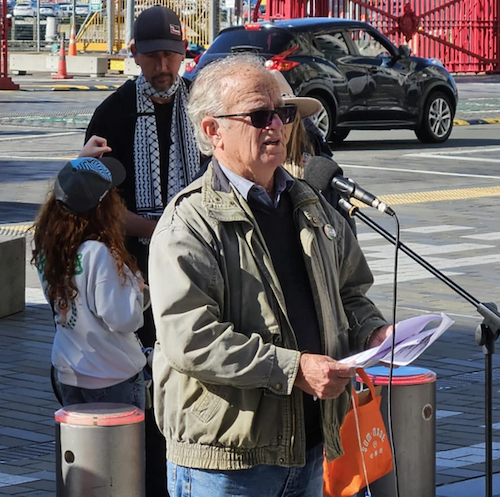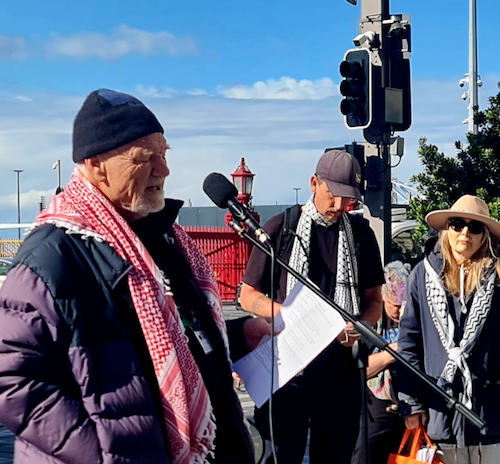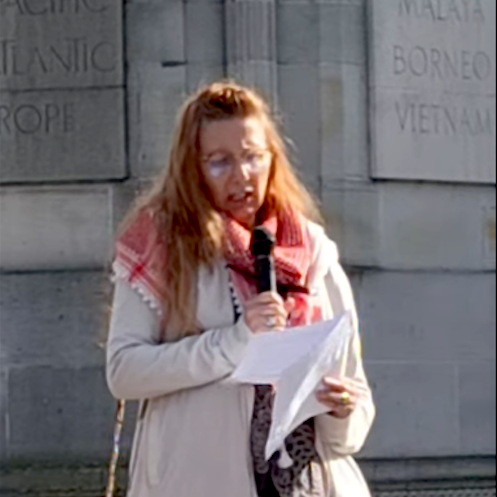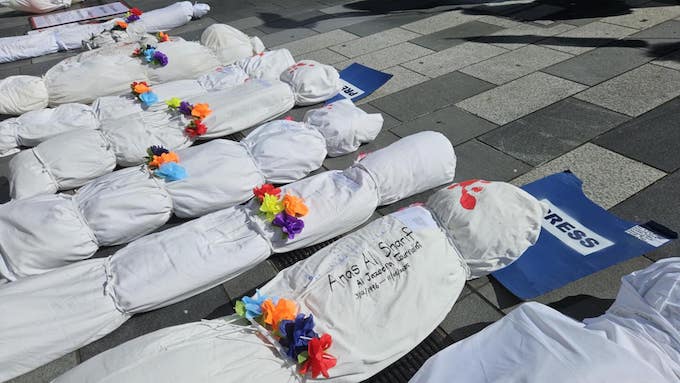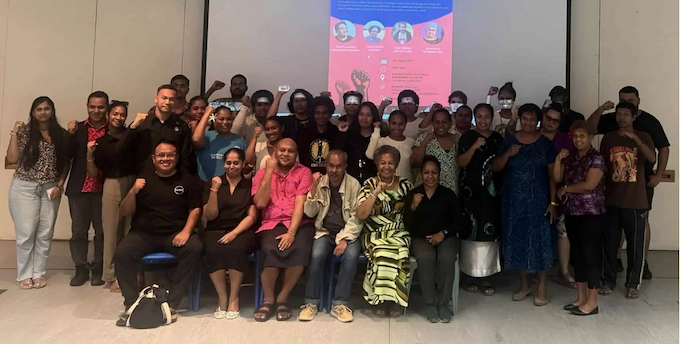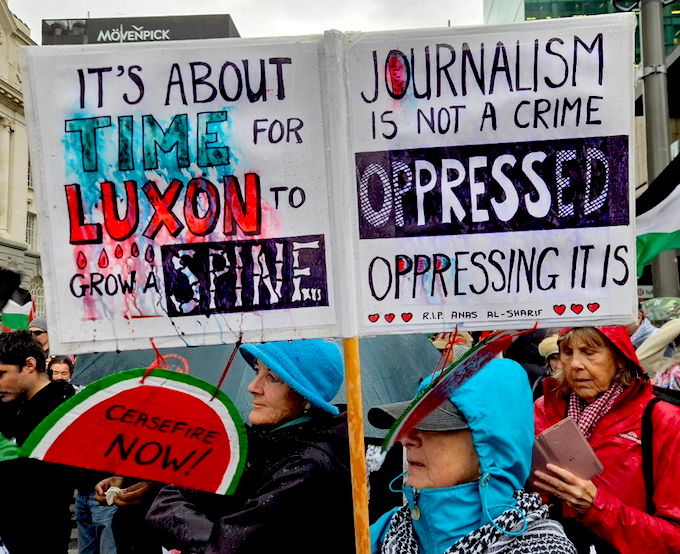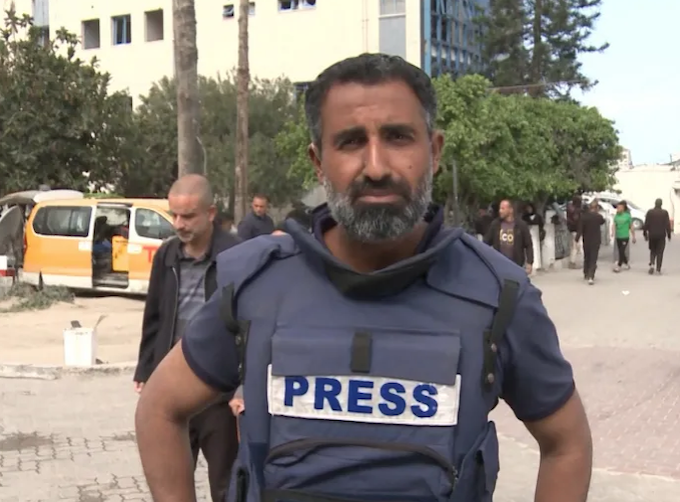Pacific Media Watch supports the call by the Paris-based global media freedom watchdog Reporters Without Borders (RSF) for justice for the victims of crimes against journalists in Gaza, and its demand for immediate access to the Palestinian enclave for exiled journalists and foreign press.
The ceasefire agreement between Israel and Hamas, confirmed on Friday, 10 October 2025, came after two years of unprecedented massacres against the press in Gaza.
Since October 2023, the Israeli army has killed nearly 220 journalists, including at least 56 slain due to their work.
- READ MORE: IFJ condemns Australian lobby censorship bids to ‘silence’ reporting on Gaza
- Other Pacific Media Watch reports
Reporters Without Borders (RSF), which has filed five complaints with the International Criminal Court, has called in a statement for justice for the victims, and the urgent evacuation of media professionals who wish to leave.
The ceasefire agreement in Gaza under US President Donald Trump’s peace plan has so far failed to produce an end to the media blockade imposed on the besieged Palestinian territory.
According to RSF information, several bombings struck the north of Gaza on the day the agreement was announced, 9 October. One of them wounded Abu Dhabi TV photojournalist Arafat al-Khour while he was documenting the damage in the Sabra neighbourhood in the centre of Gaza City.
While the agreement approved by the Israeli government and Hamas leaders allows humanitarian aid to enter Gaza, it does not explicitly mention authorising access for the foreign press or the possibility of evacuating local journalists.
‘Absolute urgency’
Jonathan Dagher, head of the RSF Middle East Desk, said in a statement: “The relief of a ceasefire in Gaza must not distract from the absolute urgency of the catastrophic situation facing journalists in the territory.
“Nearly 220 of them have been killed by the Israeli army in two years, and the reporters still alive in Gaza need immediate care, equipment and support. They also need justice — more than ever.
“If the impunity for the crimes committed against them continues, they will be repeated in Gaza, Palestine and elsewhere in the world. To bring justice to Gaza’s reporters and to protect the right to information around the world, we demand arrest warrants for the perpetrators of crimes against our fellow journalists in Gaza.
“RSF is counting on the International Criminal Court (ICC) to act on the complaints we filed for war crimes committed against these journalists. It’s high time that the international community’s response matched the courage shown by Palestinian reporters over the past two years.”
Since the start of the Israeli offensive in Gaza in October 2023, the Israeli army has killed nearly 220 journalists in the besieged territory. At least 56 of these victims were directly targeted or killed due to their work, according to RSF, which has filed five complaints with the International Criminal Court (ICC) in the past two years, seeking justice for these journalists and end impunity for the crimes against them.
In addition to killing news professionals on the ground and in their homes, the Israeli army has also targeted newsrooms, telecommunications infrastructure and journalistic equipment.
Famine hits journalists
Famine continues to afflict civilians in the Strip, including journalists, yet aid is barely trickling in and all communication services have been destroyed by two years of bombing.
On October 9, Israeli authorities and Hamas leaders reached a 20-point ceasefire agreement in Cairo, Egypt’s capital, as part of Donald Trump’s plan to establish “lasting peace” in the region.
This is the second ceasefire in Gaza since 7 October 2023, the first put in place at the beginning of the year and broken in March 2025, shortly after a strike killed the renowned Al Jazeera journalist Hossam Shabat.
Israel is ranked 112th among the 180 nations surveyed by the annual RSF World Press Freedom Index and Palestine is 163rd.
Pacific Media Watch collaborates with Reporters Without Borders.
This post was originally published on Asia Pacific Report.
 : A number of Australian journalists have been targeted, harassed, and censored by lobby groups for reporting critical of Israel’s war on Gaza.
: A number of Australian journalists have been targeted, harassed, and censored by lobby groups for reporting critical of Israel’s war on Gaza. 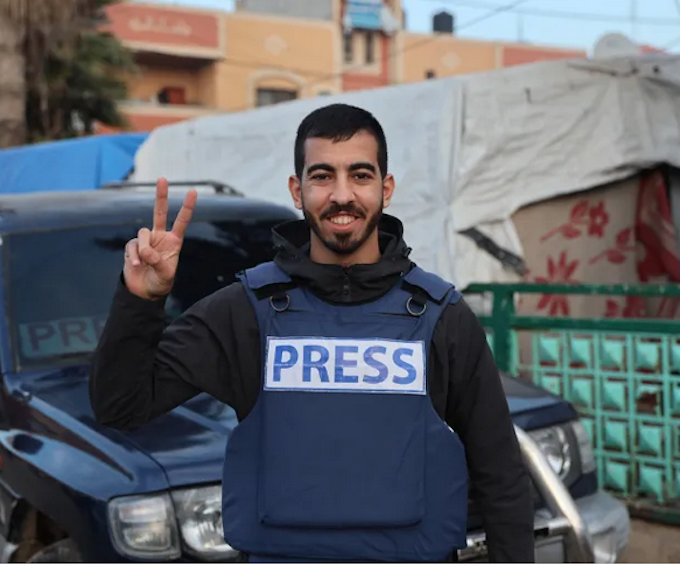
 LIVE updates:
LIVE updates: 